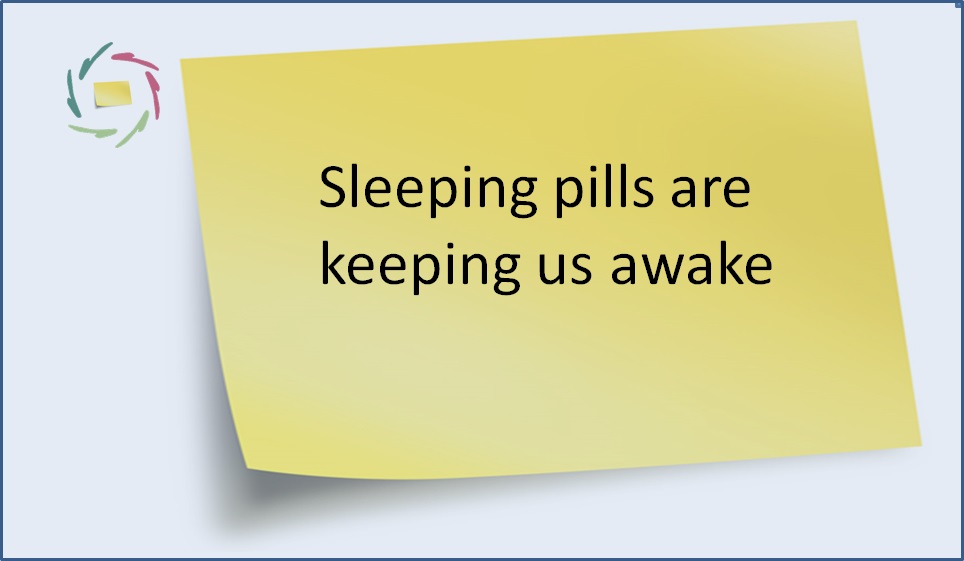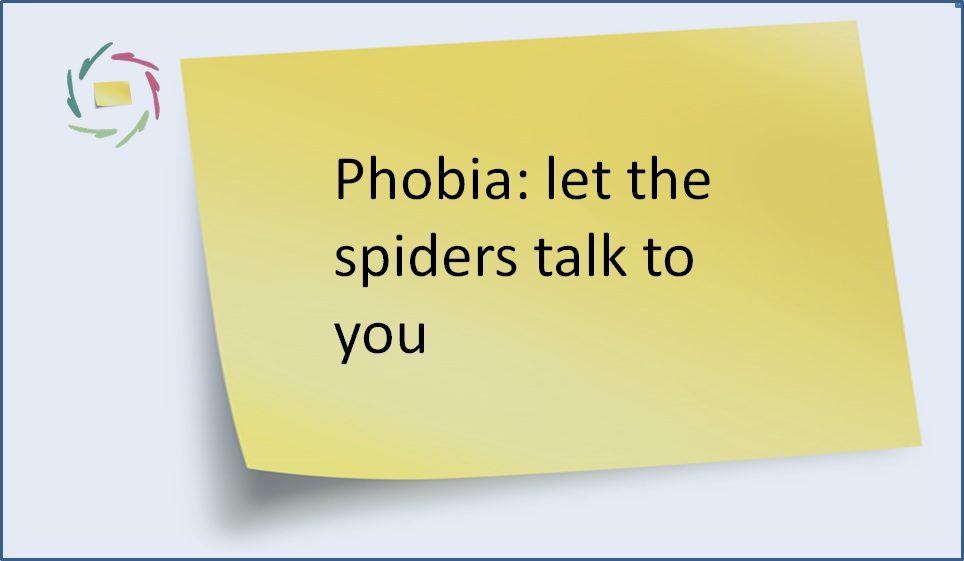23. Sleeping pills are keeping us awake

Worldwide, many tons of sleeping pills are taken each year. A huge number of people take it on a chronic basis, while it is well known that the effect disappears after 3 weeks. Why is this? A question that may truly keep one awake.
◊◊◊
The answer, which is an answer-in-three-stages, may keep one awake even more. At a first stage: sleeping pills are addictive. If not physically (the border is very thin), then certainly psychologically. Therefore, stopping them keeps one awake through 1) the physical rebound effect* and 2) the deep conviction / expectation (auto-suggestion) of needing a sleeping pill.
◊◊◊
So as a society, we flood people with something that is expensive, not effective and in the end just an addiction. Most of it on prescription.
◊◊◊
So the second stage of the answer is to this question: why do we do this? One cannot simply say that doctors who prescrive these pills are to blame, though they may have a responsibility of knowing better. This question is a more profound one. Our society as a whole is prone to addictions such as this. In some way, the trust towards the addiction is already there before the addiction itself.
◊◊◊
And this brings us to the third stage: why is such a trust present in this society? Here we come to a very general relation between human being and society.
◊◊◊
There is at the deepest level a kind of ‘competition’ between both. This of course is a matter of speaking. It’s certainly nowhere conscious, so there is no blame at this level, though one may see a blame at the level of people who take advantage of this situation knowingly or while not wanting to know. In the wellness domain, the competition is about where lies the ‘strength’ to heal. Is it present within human being, or does it have to be given from outside?
◊◊◊
In many cases, ‘inner strength’ is being degraded or ignored. This is a general undercurrent in our culture. It is continuously heightened by individuals / groups taking advantage of this. However on a higher level, it leads its own life. The chronic use of sleeping pills is but one example. Pain killers and antidepressants are other examples.
◊◊◊
Falling asleep is a very natural phenomenon of course, requiring the possibility to let oneself go and in this to be completely present as a total person. In the deepest sense, this possibility itself is at stake. Again: this is not a conscious strategy, so there is no blame principally.
◊◊◊
I think we should give priority to the individual, not as an ego-centrically oriented being, but as a total person. It is this total person (and even only this total person) who in the end can relate to others and to the world and who in the end can really change: himself as well as the whole world if need be.
◊◊◊
So wherever possible, inner strength should be heightened, not lowered. This is an attitude that we should all take.
◊◊◊
[physical rebound effect*: to be compared with an elastic string that you pull and then let go]


